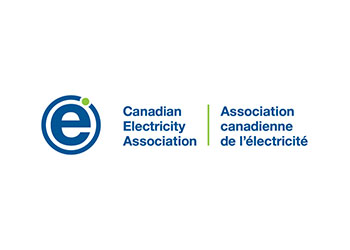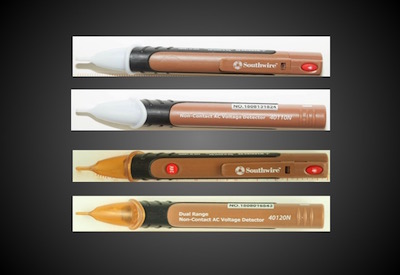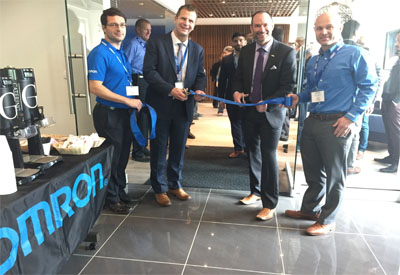Electricity Sector Calls for Action on Copper Theft

The Canadian Electricity Association (CEA) released a policy paper on March 3 that draws attention to the impact of copper theft from electricity infrastructure and outlines four key recommendations to deter theft. “Given the high price of copper, copper thefts across the country are on the rise,” says CEA President and CEO Jim Burpee. “These thefts pose a real and significant threat to the safety of Canadians and the reliability of our system. More needs to be done to deter copper theft in Canada.”
The policy paper, Copper Theft from Canada’s Electricity Infrastructure: Dangerous, Expensive and a Threat to Reliability, paints a clear picture of the impact of copper theft. It costs the electricity sector $40 million every year, compromises the reliability of Canada’s electricity system, and puts Canadians in vulnerable situations such as loss of access to 911, medical care, and other critical services. It’s also caused serious injuries and eight deaths.
The policy paper identifies four detailed recommendations to combat copper theft across the country:
1. Action by all — Developing a national action plan on copper theft by federal, provincial and territorial governments would ensure that copper theft isn’t simply pushed from one jurisdiction to another. It would also provide a forum that enables governments to reverse current trends by sharing best practices and actions.
2. Coalitions to combat copper theft — Some utility companies have formed working groups that bring together law enforcement, the legal community, security personnel and others interested in deterring copper theft. These on-the-ground local approaches serve as models that could be implemented across the country.
3. Provincial regulation of scrap metal dealers — BC, Alberta, and Nova Scotia have already passed legislation to crack down on metal theft in their jurisdictions. Introducing similar legislation in other provinces would discourage copper thieves from stealing copper in one jurisdiction and selling it in another.
4. Amendments to the Canadian Criminal Code — Existing penalties do not accurately reflect the severity of copper theft. Anyone apprehended for stealing copper is currently charged with “theft under $5000,” the same as stealing a bicycle. The policy paper calls for updating the Criminal Code to reflect the dangers copper theft poses to emergency first responders and local residents, and its impact on the reliability of Canada’s grid.











